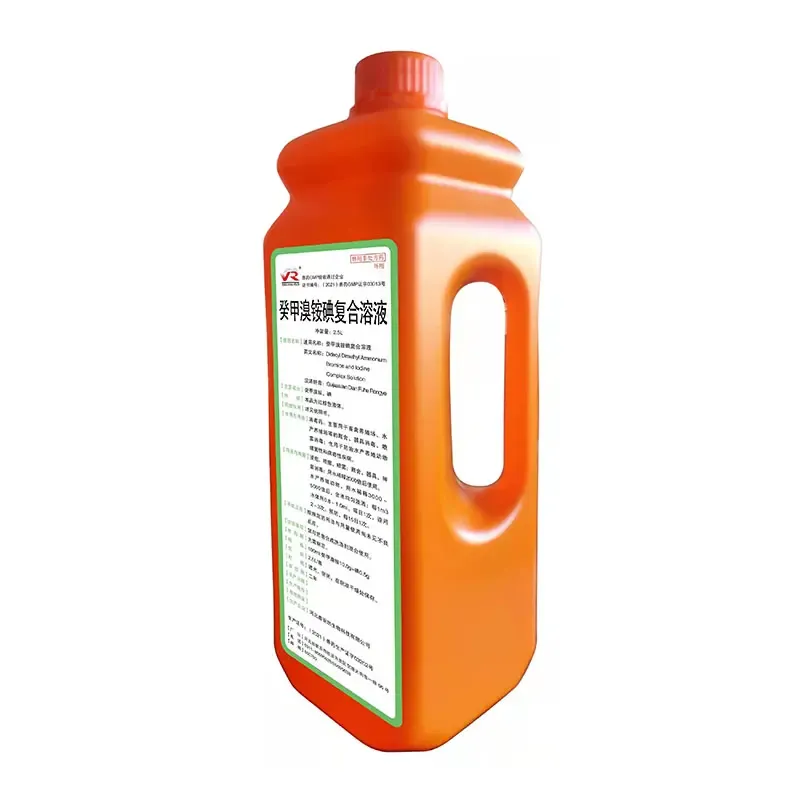- Afrikaans
- Albanian
- Amharic
- Arabic
- Armenian
- Azerbaijani
- Basque
- Belarusian
- Bengali
- Bosnian
- Bulgarian
- Catalan
- Cebuano
- Corsican
- Croatian
- Czech
- Danish
- Dutch
- English
- Esperanto
- Estonian
- Finnish
- French
- Frisian
- Galician
- Georgian
- German
- Greek
- Gujarati
- Haitian Creole
- hausa
- hawaiian
- Hebrew
- Hindi
- Miao
- Hungarian
- Icelandic
- igbo
- Indonesian
- irish
- Italian
- Japanese
- Javanese
- Kannada
- kazakh
- Khmer
- Rwandese
- Korean
- Kurdish
- Kyrgyz
- Lao
- Latin
- Latvian
- Lithuanian
- Luxembourgish
- Macedonian
- Malgashi
- Malay
- Malayalam
- Maltese
- Maori
- Marathi
- Mongolian
- Myanmar
- Nepali
- Norwegian
- Norwegian
- Occitan
- Pashto
- Persian
- Polish
- Portuguese
- Punjabi
- Romanian
- Russian
- Samoan
- Scottish Gaelic
- Serbian
- Sesotho
- Shona
- Sindhi
- Sinhala
- Slovak
- Slovenian
- Somali
- Spanish
- Sundanese
- Swahili
- Swedish
- Tagalog
- Tajik
- Tamil
- Tatar
- Telugu
- Thai
- Turkish
- Turkmen
- Ukrainian
- Urdu
- Uighur
- Uzbek
- Vietnamese
- Welsh
- Bantu
- Yiddish
- Yoruba
- Zulu
9 月 . 01, 2024 21:46 Back to list
Ivermectin Injectable for Goats Dosage Guide
Ivermectin Injectable for Goats Dosage Guidelines and Considerations
Ivermectin is a widely used antiparasitic medication for livestock, including goats. It is particularly effective against a range of parasites, including internal worms, external parasites like mites and ticks, and some ectoparasites. The injectable form of Ivermectin is preferred in many cases due to its ease of administration and rapid action. Understanding the appropriate dosage and application is crucial for ensuring the health and productivity of goats.
Dosage Guidelines
The standard dosage of Ivermectin injectable for goats is typically 0.2 mg/kg of body weight. This means that for every kilogram of body weight, you should administer 0.2 milligrams of the active ingredient. For example, if you have a goat that weighs 50 kg, the total dosage would be 10 mg of Ivermectin (0.2 mg x 50 kg = 10 mg).
It is important to accurately weigh your goats as overdosing can lead to toxicity and underdosing can result in ineffective treatment. Ivermectin is usually administered subcutaneously, which means it is injected just under the skin, often in the neck region. Use a clean syringe and needle to prevent infections, and ensure that the injection site is free from dirt and contaminants.
Timing and Frequency of Administration
The frequency of Ivermectin administration depends on the specific parasitic issue at hand. In general, it is recommended to administer Ivermectin during an outbreak of parasitism or as part of a routine deworming schedule. Many producers choose to deworm their goats every 6 to 8 weeks during the warmer months when parasite prevalence is higher. It’s also wise to consult a veterinarian for a tailored deworming program based on the specific needs of your herd.
ivermectin injectable for goats dosage

Considerations and Precautions
While Ivermectin is generally safe and well-tolerated in goats, there are several considerations to keep in mind. First, always ensure that the formulation you are using is specifically designed for goats, as dosages can vary between species. Additionally, pregnant and lactating (nursing) goats may require special attention, and it is best to consult a veterinarian regarding the use of medications in such cases.
Another important point to consider is the potential for resistance. Over time, parasites can develop resistance to antiparasitic drugs, making them less effective. To reduce the risk of resistance development, it's advisable to rotate between different classes of dewormers and to conduct regular fecal examinations to monitor parasite loads.
Lastly, it's crucial to observe withdrawal times before sending goats to slaughter after treatment with Ivermectin. Typically, the withdrawal period is about 28 days, but it’s always best to check the specific details related to the product you are using.
Conclusion
Ivermectin injectable is an invaluable tool for managing parasites in goats, but effective use requires an understanding of dosage, administration, and timing. By adhering to the recommended guidelines and working closely with a veterinarian, goat owners can help ensure the health and well-being of their animals, leading to a more productive and thriving herd. Always prioritize safety, proper handling, and a proactive approach to parasite management to safeguard your goats against the various threats they may face.
-
The Power of Radix Isatidis Extract for Your Health and Wellness
NewsOct.29,2024
-
Neomycin Sulfate Soluble Powder: A Versatile Solution for Pet Health
NewsOct.29,2024
-
Lincomycin Hydrochloride Soluble Powder – The Essential Solution
NewsOct.29,2024
-
Garamycin Gentamicin Sulfate for Effective Infection Control
NewsOct.29,2024
-
Doxycycline Hyclate Soluble Powder: Your Antibiotic Needs
NewsOct.29,2024
-
Tilmicosin Premix: The Ultimate Solution for Poultry Health
NewsOct.29,2024













